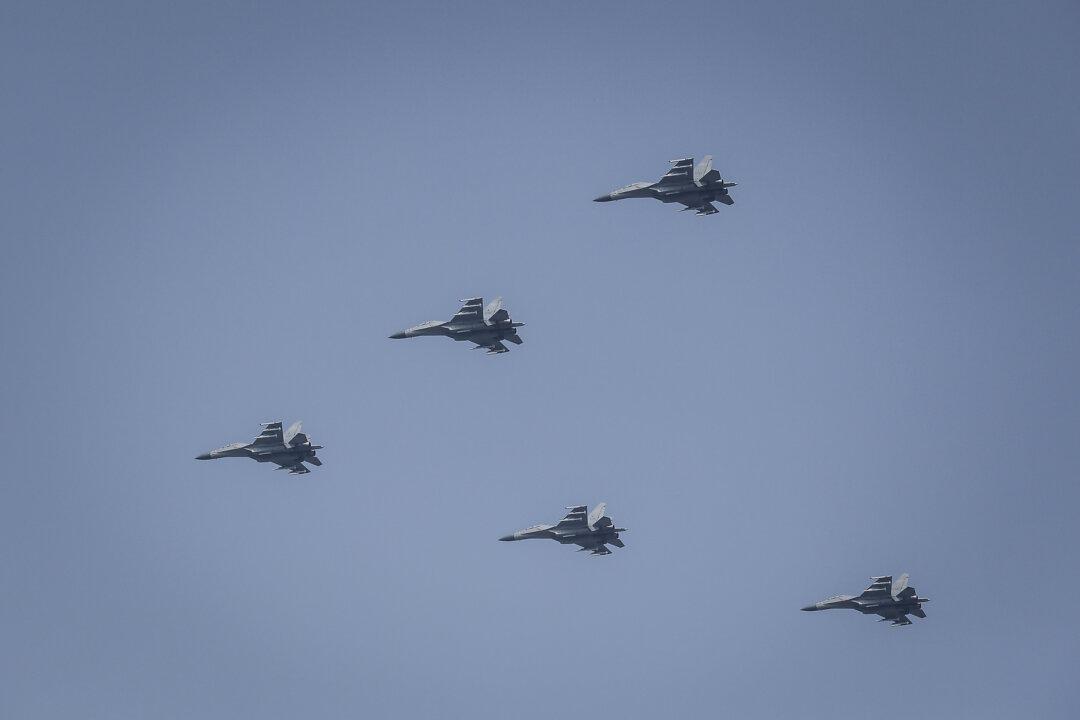China and the United Arab Emirates (UAE) will hold their first joint air force drill in August to bolster military cooperation, a move that analysts say sends a message to the United States about the UAE’s security options.
The Falcon Shield-2023 joint exercise will take place in China’s Xinjiang Province, the Chinese Defense Ministry stated on July 31, without specifying the dates and scope of the training.





